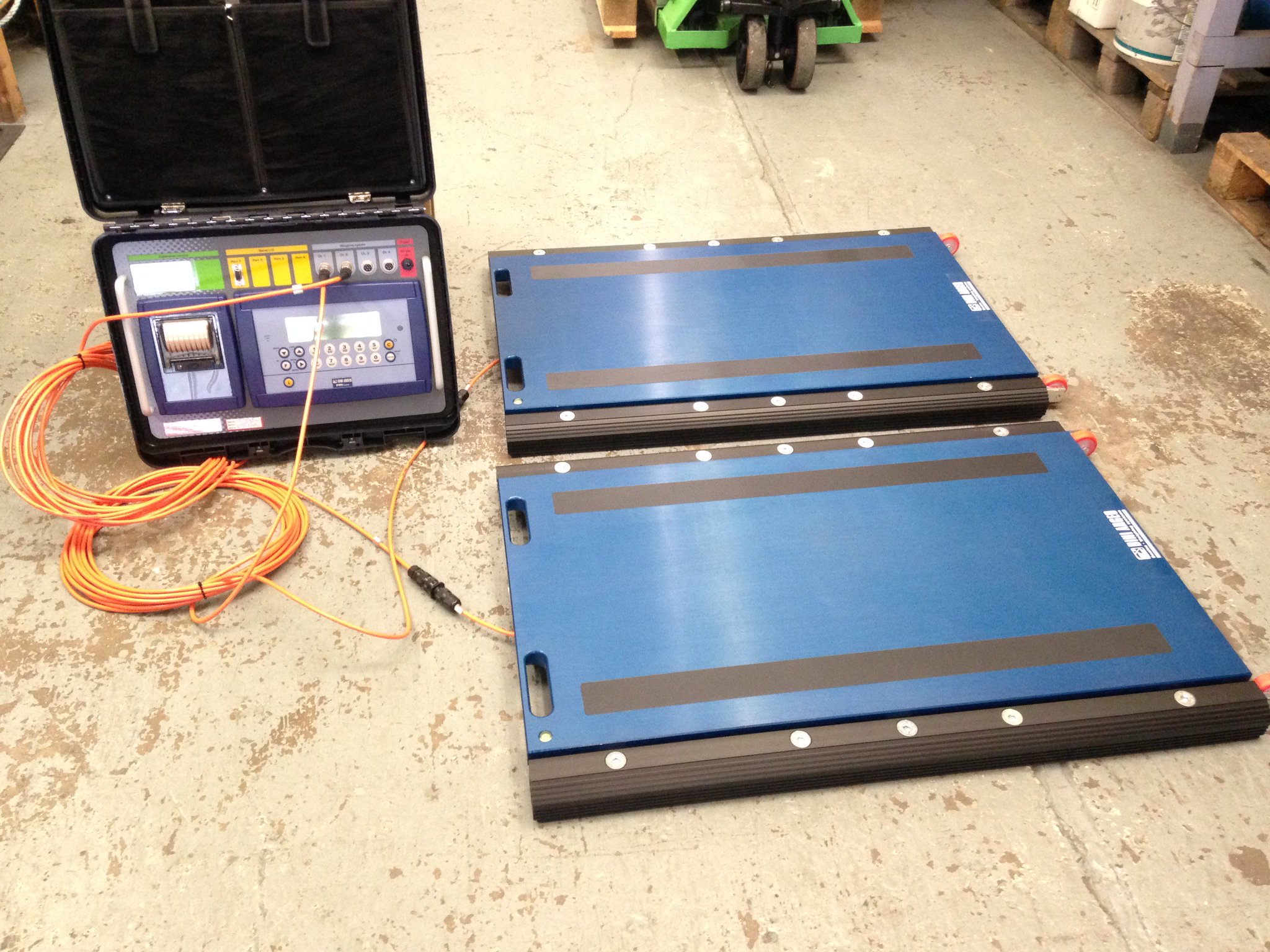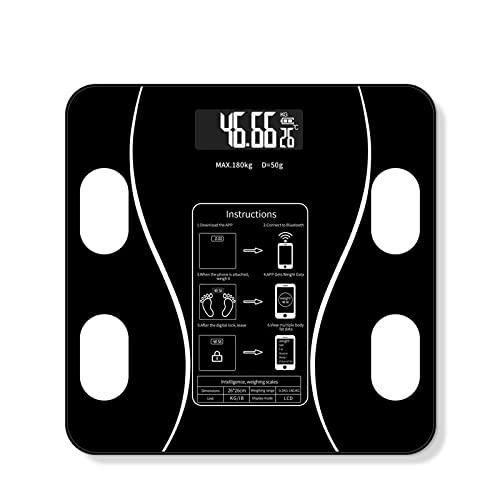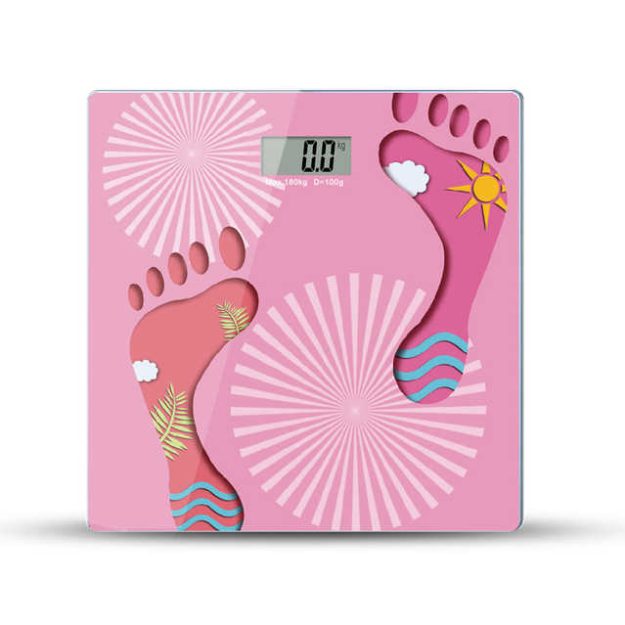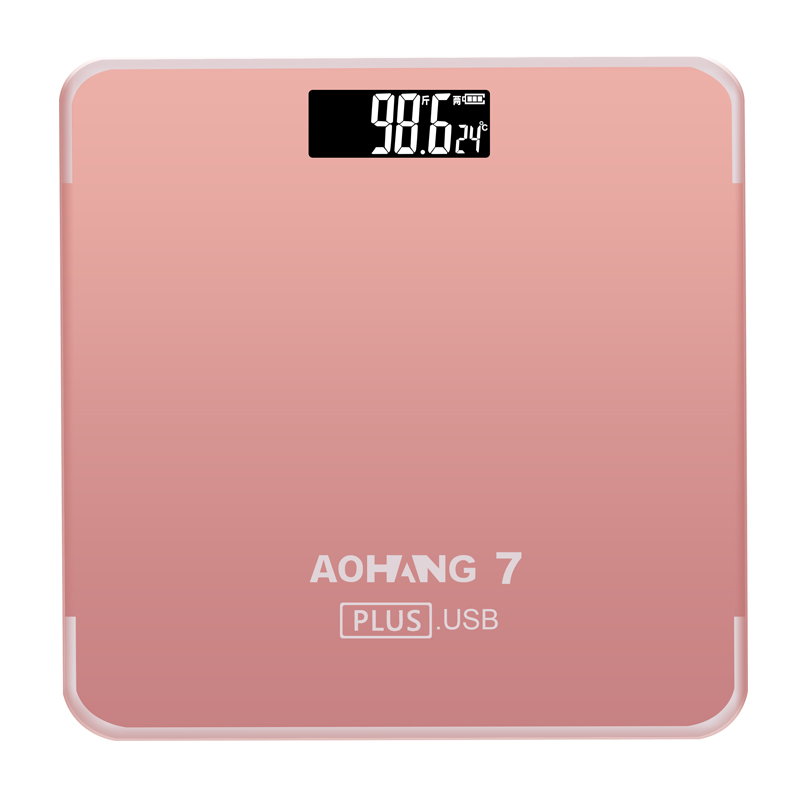When choosing a weighing scale, it’s important to consider key characteristics that ensure accuracy, durability, and ease of use. A good weighing scale should meet specific standards depending on its purpose, whether for personal, commercial, or industrial use. Below are the top characteristics that define a high-quality weighing scale.
1. Accuracy and Precision
A good weighing scale must provide consistently accurate readings. Precision is especially important for industries such as healthcare, laboratories, and businesses that require exact measurements for transactions or medical assessments.
- Accuracy: The scale should measure weight within a small margin of error, ensuring that the displayed weight is as close as possible to the actual value.
- Precision: Scales with high precision can measure small differences in weight, which is critical for applications where even slight weight variations matter, such as in pharmaceuticals or jewelry.
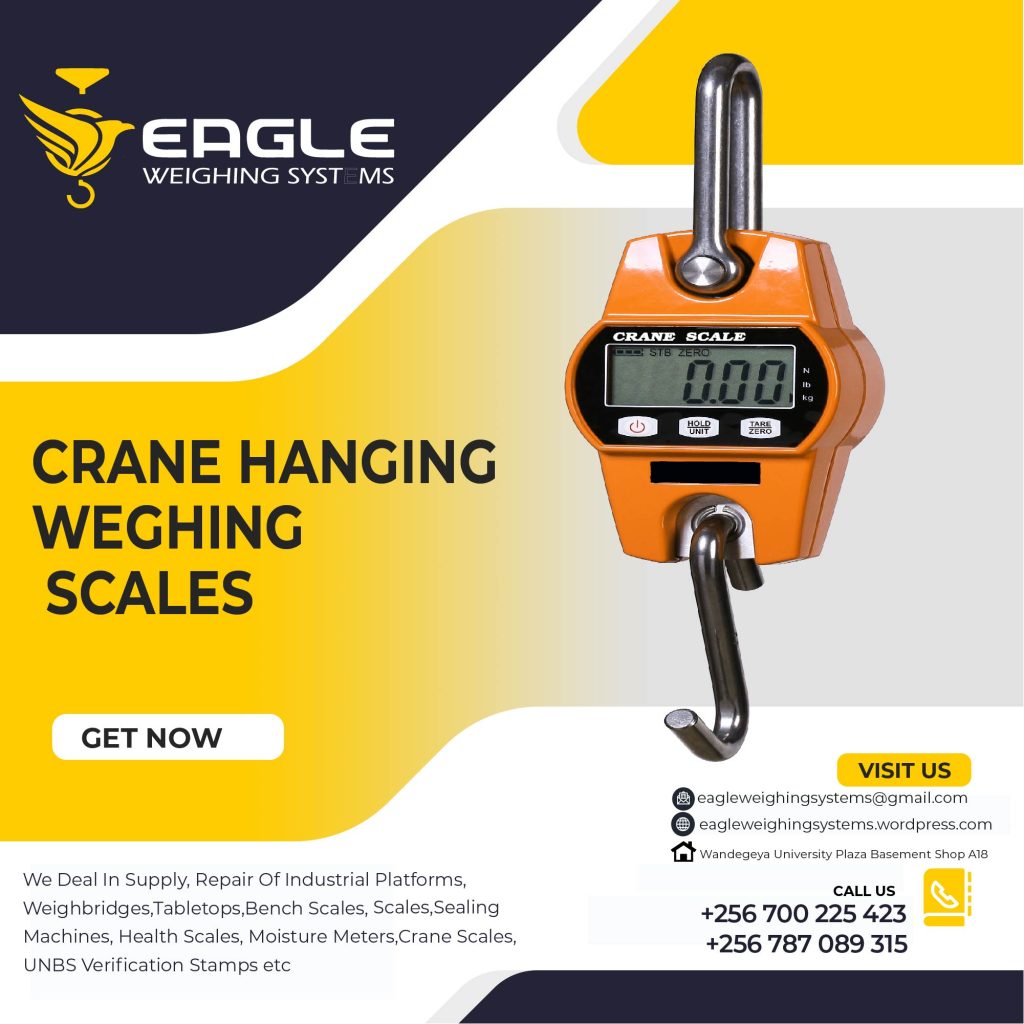
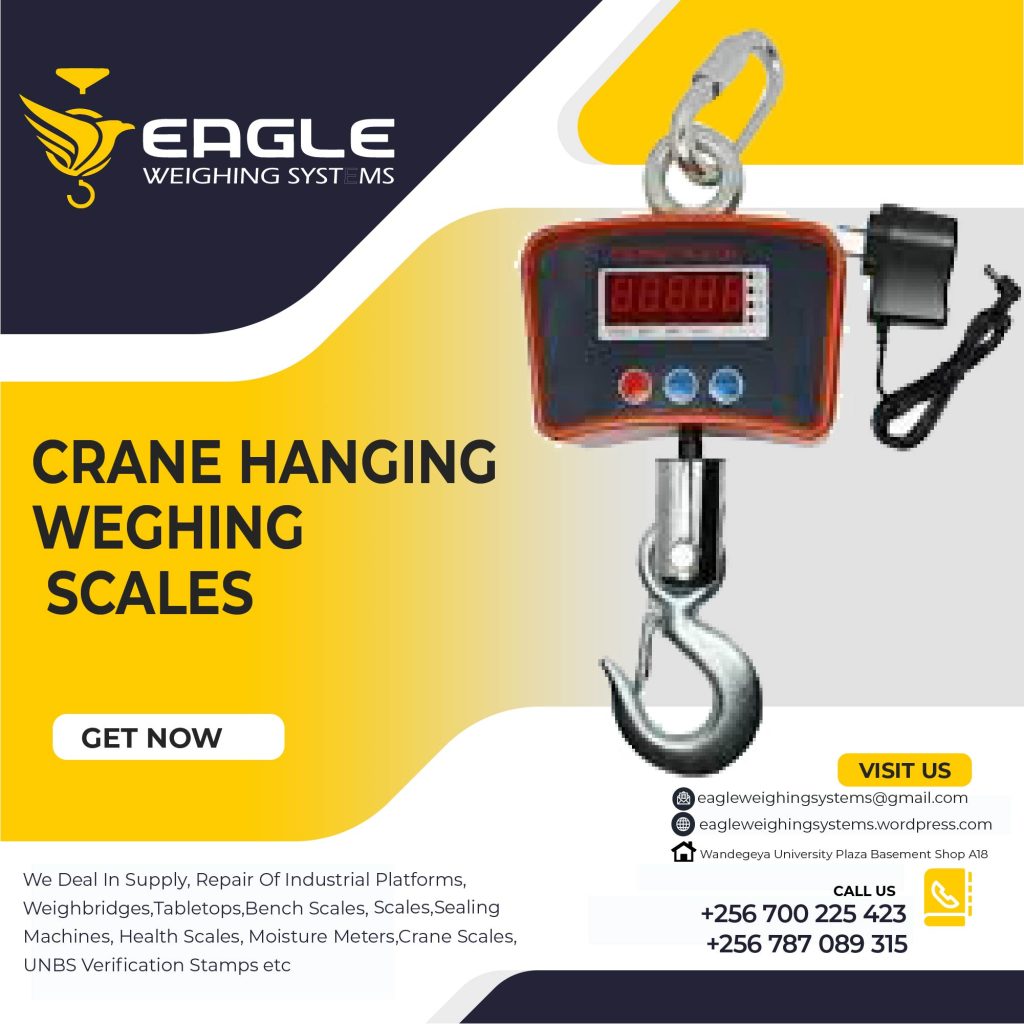
2. Durability and Build Quality
A reliable weighing scale should be built to last, especially if it is intended for heavy use in industrial settings or for weighing large objects. The materials used in construction should be durable and resistant to wear and tear.
- Materials: Scales made from high-quality materials like stainless steel, tempered glass, or robust plastics tend to have better longevity and can withstand harsher environments.
- Resistance to Corrosion: In industrial or agricultural settings, scales may be exposed to moisture, dust, or chemicals, so having corrosion-resistant materials is a valuable feature.
3. Easy-to-Read Display
A clear and easy-to-read display is essential for any weighing scale, particularly for users who need to check weight readings quickly or from a distance. Digital scales with backlit displays are often preferred for readability in low-light conditions.
- Large Digital Display: A large, backlit display is beneficial for easy reading, especially in busy or dim environments like warehouses or medical clinics.
- Analog Scales: For mechanical scales, a clearly marked dial with well-defined numbers ensures easy and accurate reading of the weight.
4. Tare Function
The tare function allows the user to zero out the weight of containers or packaging before measuring the actual content. This feature is especially useful for cooking, scientific experiments, or retail environments where items are often weighed in containers.
- Ease of Use: A good weighing scale should have an intuitive tare function that allows for quick resets with the push of a button.
- Accuracy of Tare: The tare function should not affect the accuracy of the scale’s subsequent readings after subtracting the container’s weight.
5. Capacity Range
The weight capacity of a scale is an important factor depending on the intended use. A good weighing scale should have a suitable capacity that matches its application without sacrificing accuracy at either end of the range.
- Capacity: Choose a scale with an appropriate capacity for your needs, whether it’s a small precision scale for laboratories or a high-capacity industrial scale for weighing heavy loads.
- Overload Protection: Many good digital scales have built-in overload protection to prevent damage if the maximum weight is exceeded.
6. Calibration Capability
For consistent accuracy, a good weighing scale should offer easy calibration options. Regular recalibration helps maintain the accuracy of the scale over time, especially after extended use or environmental changes.
- Manual or Automatic Calibration: High-quality scales often include manual or automatic calibration features, allowing users to reset the scale to a zero baseline with the use of standard weights.
- Accuracy Verification: Scales that offer easy verification of accuracy, such as those that come with test weights, are ideal for businesses that rely on precise measurements.
7. Portability
A portable scale is beneficial in industries where weighing tasks need to be conducted in different locations, such as agriculture, logistics, or fieldwork. Good scales are lightweight and easy to transport without sacrificing durability or accuracy.
- Compact Design: Scales with a compact, lightweight design are easier to carry and store while still offering reliable performance.
- Handle or Case: For larger scales, a built-in handle or a carrying case can add to the convenience of portability.
8. Multiple Measurement Units
A versatile weighing scale should offer the ability to switch between different measurement units, such as grams, kilograms, pounds, ounces, or stones. This feature is especially useful in businesses that handle international transactions or cater to diverse customer needs.
- Conversion Function: A good scale should allow users to easily toggle between units to accommodate various measurement systems.
- Precise Conversion: The conversion feature should be accurate, ensuring that users get the exact weight equivalent in their preferred unit.
9. Stability and Anti-Slip Features
To ensure accurate readings, a good weighing scale should have a stable base. Anti-slip feet or pads are essential to prevent the scale from shifting during use, which can affect the accuracy of the measurement.
- Non-Slip Surface: A weighing scale with anti-slip material on the platform or rubber feet can provide a more stable base, especially on smooth surfaces.
- Level Adjustment: Some high-end scales come with adjustable feet or level indicators to ensure the scale remains stable, even on uneven surfaces.
10. Advanced Features
Many modern scales come with advanced features that make them even more user-friendly and functional. Depending on your needs, consider these additional options.
- Bluetooth or Wi-Fi Connectivity: Some digital scales connect to apps via Bluetooth or Wi-Fi, allowing users to track their weight data over time, making it ideal for fitness enthusiasts or businesses tracking inventory.
- Data Logging: High-end scales can store weight data for future reference, which is particularly useful for industries that need to track weights over multiple sessions.
- Auto-Off Function: This feature conserves battery life by automatically turning off the scale after a period of inactivity.
Conclusion
A good weighing scale should be accurate, durable, and user-friendly, with features that enhance its functionality for specific tasks. Whether it’s used for personal, commercial, or industrial purposes, choosing a scale with these key characteristics will ensure you get the best performance and long-lasting reliability. Consider your specific weighing needs, from capacity to portability, and invest in a scale that meets those requirements while maintaining precision and ease of use.

